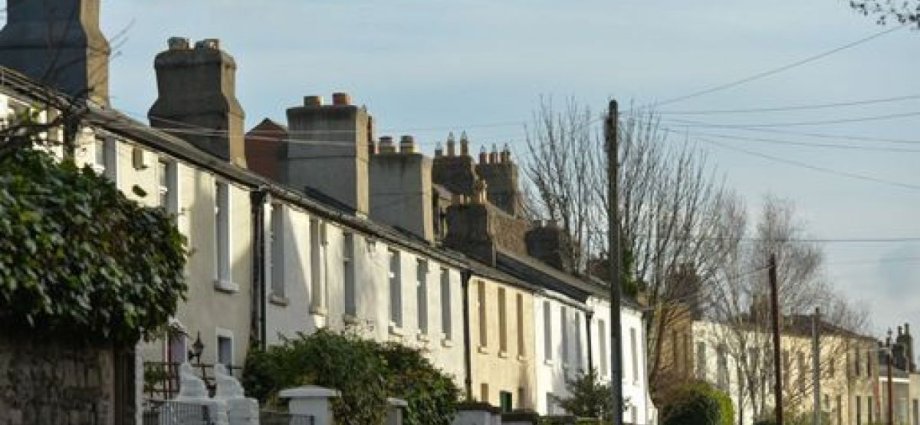A 7 per cent increase nationally in rents for the second quarter of 2021 may “indicate an unacceptable level of non-compliance by landlords,” according to the Residential Tenancies Board (RTB).
The latest RTB report, which covers April to June 2021, revealed a national increase of 7 per cent which is the highest since a rate of 7.4 per cent in Q1 2019.
The report is based on actual rents paid on 13,884 private tenancies registered with the RTB in the quarter. During Q2 2021, the national standardised average rent stood at €1,352.
The county with the highest standardised average rent in Q2 2021 was Dublin (€1,848 per month) and the county with the lowest monthly rents was Donegal (€677 per month).
LEA
At Local Electoral Area (LEA) level, the highest standardised average rent was in Stillorgan, Co Dublin (€2,440 per month), and the lowest Ballymote — Tobercurry, Co. Sligo (€645 per month).
Advertisement
The standardised average rent for houses stood at €1,347 per month, which is an increase of 3.4 per cent on the previous quarter and a rise of 9.1 per cent year-on-year. The standardised average rent for apartments stood at €1,379 per month this quarter, which is an increase of 1.9 per cent on Q1 2021 and 5.5 per cent year-on-year.
While price inflation was lowest in Dublin, the rent levels remained the highest in the country at €1,848 per month. For the first time, the Q2 Rent Index provides granular information on Local Authority Areas. For example, within the Dublin area the data shows that Dún Laoghaire — Rathdown had the highest standardised average rent in Q2 2021 at €2,109 per month, while Dublin city had the lowest (€1,775).
Padraig McGoldrick, Interim Director of the RTB, said: “From the initial early pandemic slowdown and reduction in rent levels, rents nationally have rebounded quickly, mainly driven by activity outside of Dublin.
“In particular, rents are continuing to increase more rapidly along the commuter belt and more slowly in Dublin and other urban areas indicating that the pandemic has seen an immediate impact of people moving from urban areas, particularly Dublin. This may reflect an emerging trend around long-term working and lifestyle choices.”
‘Non-compliance from landlords’
He added: “While the latest rent levels will not yet have been impacted by the change in rules for rent setting introduced in July, the level of increase in Q2 2021 is a source of concern and, while there may be legitimate reasons reflecting the rate of increase, it may also indicate an unacceptable level of non-compliance by landlords with rent setting regulations restricting rent increases in Rent Pressure Zone areas (RPZ). The impact of not complying with these measures can be very severe, and the RTB is committed to ensuring increased compliance with these requirements.”











